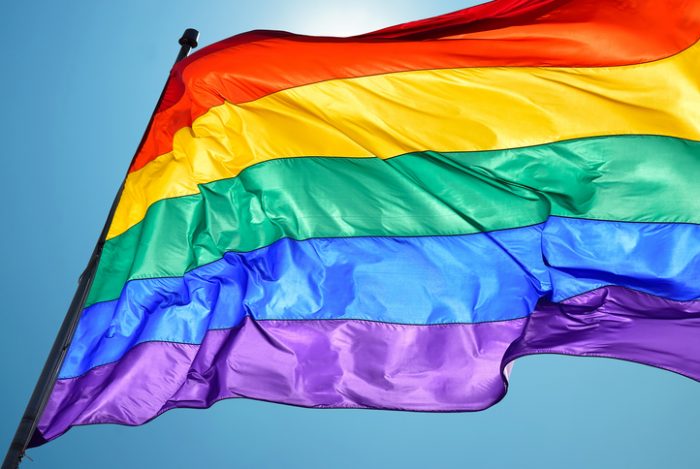MD-News | LGBT: Legally-protected in the Workplace
June 21, 2018 • 2 min read
 Published in the May/June Issue of MD-News
Published in the May/June Issue of MD-News
In March of this year, the federal court of appeals covering Ohio (6th Circuit) determined transgender employees are per se protected from discrimination. (For those who want to read the decision, it’s EEOC v. RG & GR Harris Funeral Homes, Inc., No. 16-2424 (6th Cir. March 7, 2018)). Last month, the federal court of appeals covering New York, Connecticut and Vermont determined the same law (Title VII) prohibits employment discrimination based on sexual orientation.
Many of the LGBT protections are not new. For 30 years, it has been illegal to discriminate against someone for not conforming to “sexual stereotypes.” In 1989, the U.S. Supreme Court determined it is illegal to discriminate against a female employee because she did not talk or dress femininely enough. (Price Waterhouse v. Hopkins, 490 U.S. 228 (1989)). In 1998, the U.S. Supreme Court determined it was illegal to discriminate against a gay employee because he acted too effeminately. (Oncale v. Sundowner Offshore Services, Inc., 523 U.S. 75, 79 (1998)). In 2004, our federal court of appeals (6th Circuit) determined a trans gendering (male to female) employee could not be discriminated against for becoming more feminine. (Smith v. City of Salem, 378 F.3d 566, 573 (6th Cir. 2004)). The Harris Funeral Home case takes this to its logical conclusion: If it’s illegal to discriminate against someone for not conforming to sexual stereotypes, transgender discrimination has to be per se illegal.
Unlike transgender, LGB is not per se protected in Ohio. It’s only protected to the extent an LGB employee goes against sexual stereotypes – such as acting or dressing too femininely (for men) or too manly (for women). (Price Waterhouse, Oncale, Smith.) But with current trends, we believe it is only a matter of time before LGB is protected per se.
Unlike transgender, LGB is not per se protected in Ohio. It’s only protected to the extent an LGB employee goes against sexual stereotypes – such as acting or dressing too femininely (for men) or too manly (for women). (Price Waterhouse, Oncale, Smith.) But with current trends, we believe it is only a matter of time before LGB is protected per se.
Our advice: Change your policies and specifically prohibit transgender discrimination. Also to avoid being a test case for the EEOC, consider changing your policies to prohibit LGB discrimination.
Published in the May/June issue of MD News
Barry Freeman is a partner and a member of the Employment and Labor Practice Group. For more information, contact Barry at 216.736.4223 or [email protected].